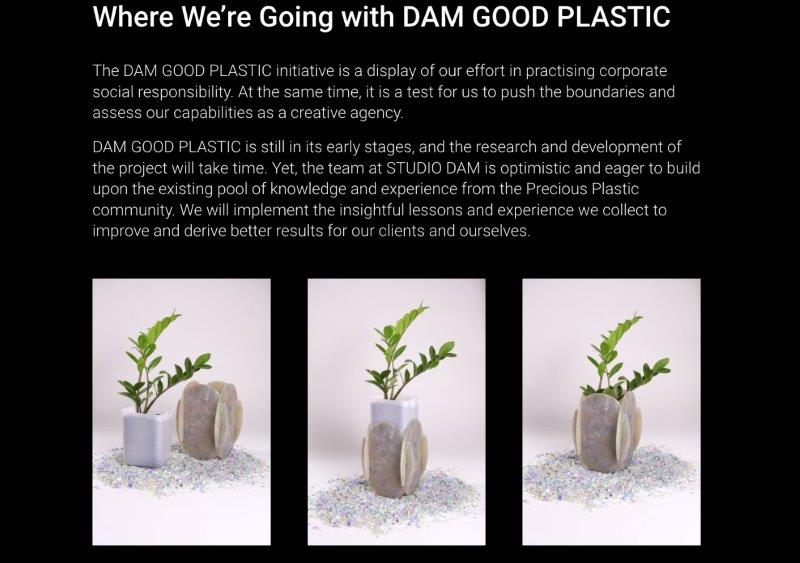Corporate Social Responsibility (CSR) might not make the list of priorities when running a business. However, more and more companies are looking into CSR as a marketing tool to create a healthy public image.
What is CSR?
CSR is a management model in which businesses self-regulate to incorporate environmental and social concerns into their business practices.
Not too long ago, the practice of CSR began as a social contract where business owners obliged themselves to contribute and see to the improvement of society. The purpose behind CSR has expanded since.
Research has shown that CSR is used increasingly as a strategy. It not only helps to create a positive image in the minds of consumers but also “enhance[s] the profitability and boost[s] the development of companies.”
CSR as a Strategic Branding Tool
Considering CSR as a strategic branding tool involves forethought. For it to be effective, it must be meaningful and aligned with a brand’s mission, vision, and values. Part of this includes picking appropriate CSR partners and initiatives, which should also be relevant and significant to your stakeholders.
One way to approach practising CSR is to identify any areas of improvement in your business operations that have to do with people or the environment. What strategies can you implement to mitigate issues faced in these areas?
For example, consider more sustainable practices by partnering with environmental organisations and donating to causes dedicated to combating climate change.
You could also kickstart a project that addresses an environmental or societal concern. For example, STUDIO DAM’s DAM GOOD PLASTIC is an independent plastic upcycling initiative that aims to reduce plastic waste in Singapore.
Regardless of the implemented CSR practice, it is necessary to communicate how it is relevant to your company’s mission, vision, and values. The purpose of CSR needs to be apparent to your stakeholders and society for them to understand and associate it with your brand. That way, CSR becomes effective as a strategy.
It is crucial to mention that a company should engage in CSR with honesty and sincerity. Implementing a CSR practice with no real intention to benefit an environmental or social cause, such as greenwashing, can ruin a company’s reputation overnight.

DAM GOOD PLASTIC is a distinct subpage on STUDIO DAM’s website. The page explains more about the initiative, communicating transparently about the process to its stakeholders.
How CSR Helps to Retain Customers
Today’s consumers often expect businesses to be socially and environmentally conscious and responsible. Naturally, they are more selective about the brands they follow and purchase from.
As a result, CSR holds a greater significance in ensuring a strong and sustained relationship between a brand and its consumers. A study by Reputation Institute revealed that 60% of a customer’s decision to buy is determined by their perception of the company, as opposed to their perception of a specific product or service, which stands at 40%.
Furthermore, 41% of customers have responded with CSR being the main contributor informing their perception of a company!
According to Harvard Business Review, acquiring a new customer can be “anywhere from five to 25 times more expensive than retaining an existing one.” Moreover, increasing “customer retention rates by 5% increases profits by 25% to 95%.”
So, CSR is increasingly essential to a business. Building a lasting connection with customers and instilling brand loyalty benefits a company in multitudes.
Attracting and Retaining Talented Employees
Having a meaningful CSR practice can also positively influence the relations within a company. It is a factor in attracting, motivating, and retaining employees since more and more employees seek out companies with business philosophies that align with their own.
Companies with strong CSR are more attractive to potential employees. Plus, it contributes to a stronger sense of purpose amongst current staff.
Up to 60% of employees’ willingness to work for a company is influenced by said company’s reputation.
Additionally, a study conducted in 2015 revealed that staff turnover rates could reduce by up to 50% through a strategic investment in CSR.
With established CSR practices, Changi Airport Group (CAG) is one of the most attractive employers in Singapore. Their sustainability initiatives are well-integrated into their business practices, which are observable in the design of Changi Airport.
Sustainability is one core tenet of CAG, and its mission is to pioneer sustainable and vibrant air hubs. With CSR working seamlessly into their business practices, it has become part of their core corporate identity.
CSR Practices Make Your Brand More Relatable and Accountable
Done well, CSR has various advantages for a business. Investing time, effort, and resources to integrate CSR practices in your business operations are worth it to improve your brand image and do good to the community and environment we interact with daily!
